Description
This coffee is a fruit forward natural processed lot top lot from our friend Joey over @ Cafe Kreyol. Joey spends the bulk of his time heading into very remote regions that grow great coffee but lack processing equipment or knowledge. He works for years bringing operations up to high end premium production, all while producing a very sustainable environment one can feel good about. Where we do not have personal sourcing, we are more than happy to bring Joey’s fantastic offerings to the table to help support his awesome work. Kreyols offerings include some of the Haitian & Dominican coffees as well as these wonderful Bolivians.
Some of his best work in our opinion has been with these Bolivian coffees. Although Bolivian offerings have been less rare the last couple of seasons, these offerings are real gems. High scoring balanced cups with beautiful new-wave processing bringing new flavors and cup profiles to classic South American tastes.
Tasting Notes: A great light to medium roast coffee. Delicate, balanced, clean, fruity and sweet. This is not a ferment bomb, the natural tones are delicate and well balanced, not hitting you over the head. An easy drinking lighter roast coffee: sweet, smooth, hints of lemony floral acidity and soft fruit, balanced with a defined chocolate like tone. Good body and mouthfeel, medium to low acidity. A more exotic cup that everyone will love. Medium roasts will start to roast the fruitiness out of the cup but still leave it very sweet, accentuate the body and mouthfeel.
Roasting Notes: A bit higher chaff but will roast pretty even. Darkens up quickly so make sure you see that expansion in size before cooling if shooting for a lighter roast. The surface of the bean picking up a little sheen is a good mark for the medium roast level. A 3-4 days setup really works some magic on this cup and pops the fruit tones out decently more.
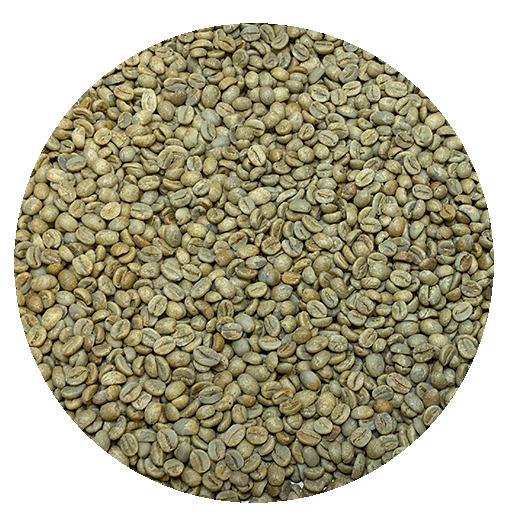
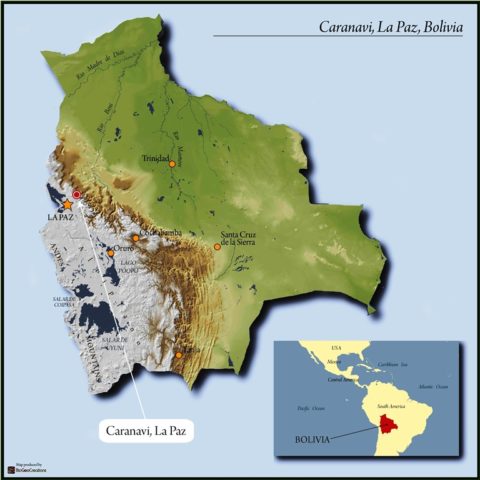
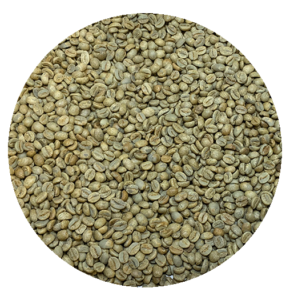
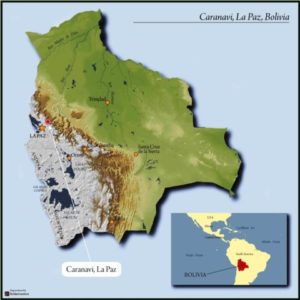
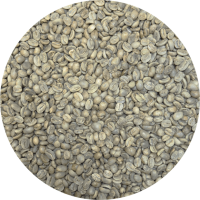
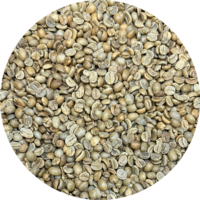

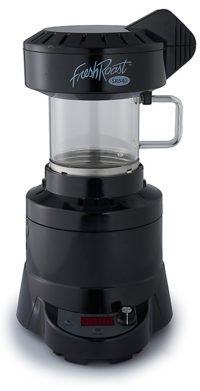

Reviews
There are no reviews yet.